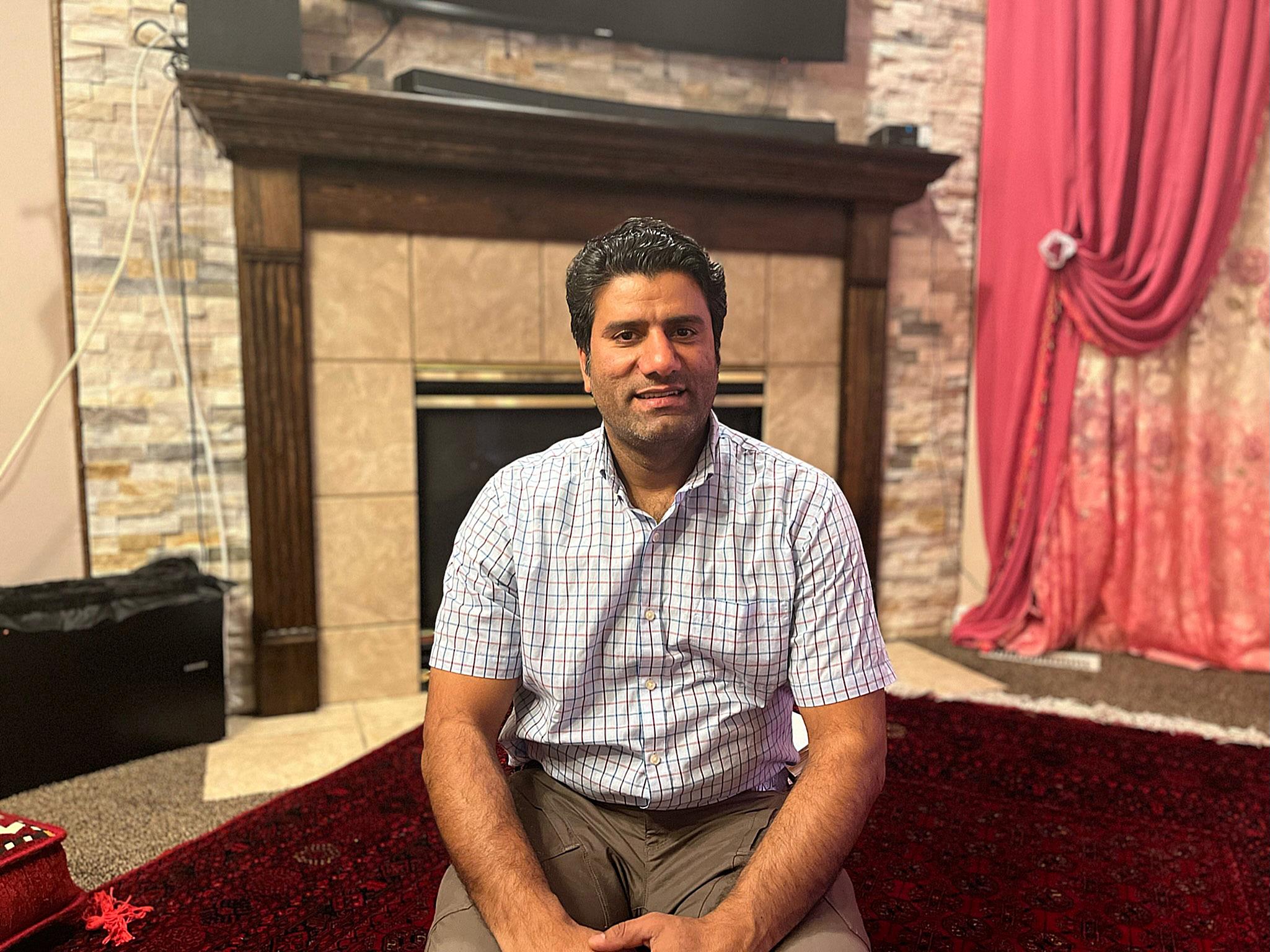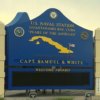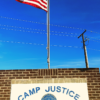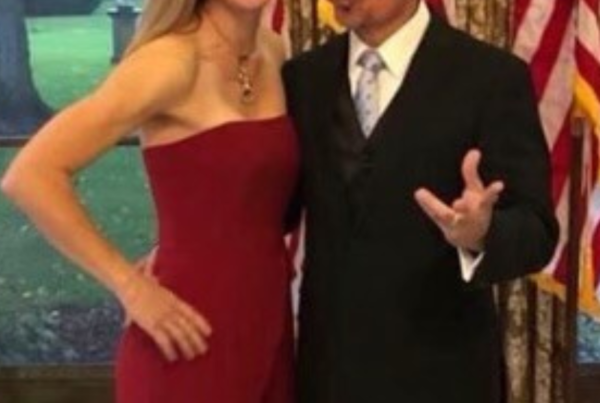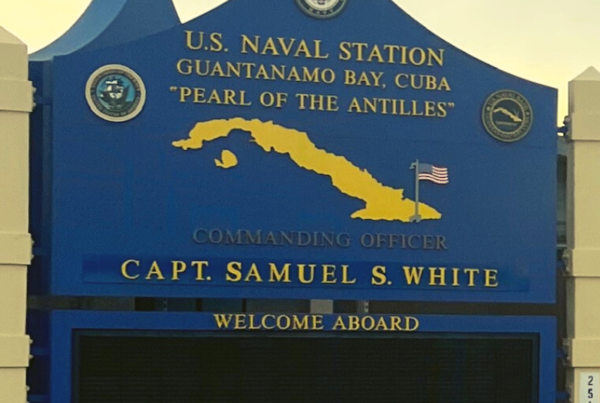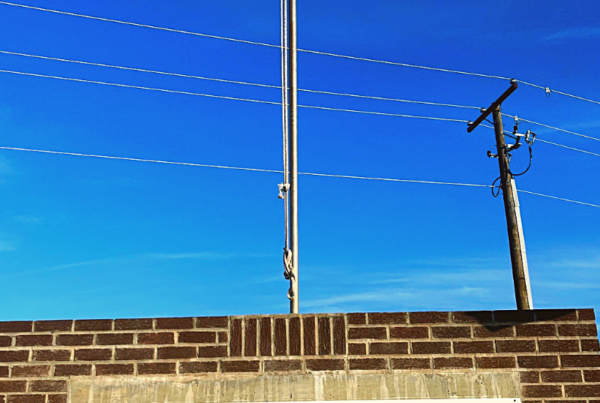Whenever Mohammad Wali, 37, speaks of Afghanistan, his gentle face softens into a map of memories: the suffering and loss, paired with the camaraderie and struggle for freedom that will never end. The United States is now his home, but it is clear the rolling hills and frozen forests of the eastern Laghman province still holds his heart.
“I was fighting for my family,” Wali recalls, staring out into the day’s fading light. “I was fighting for my country.”
How he became one of Afghanistan’s most decorated and trusted soldiers, deep in the trenches alongside his Special Forces counterparts, is the stuff of tribulations and triumphs. Born in 1984 amid the brutal war against the Soviet invasion, Wali learned early what it meant to lose those you love most in the world and flee home with little more than the tattered clothes on your back.
“I remember as a child one of my uncles, he was a big Commander in the Mujahadeen, got killed by the Russians. And then my father was wounded, they tried to kill my father, and another uncle was shot in the neck and another in the leg. Another cousin lost his eye and lost one brother and a sister,” Wali says. “So, we decided to escape Afghanistan and go to Peshawar. We stayed there until the Russians moved from Afghanistan.”
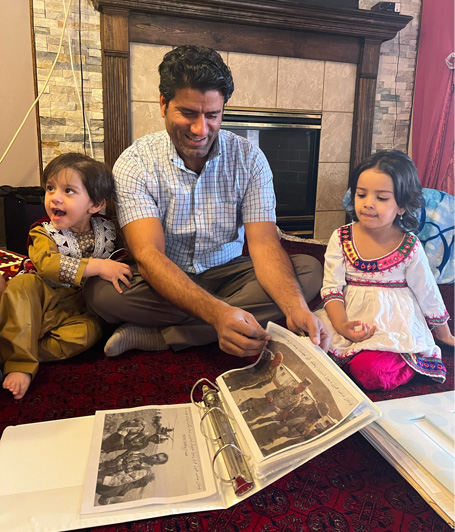
However, the next chapter brought a bloody civil war and eventually Taliban rule.
“The Taliban came to our home looking for guns; they came twice to our home. One of my brothers had lost a leg in the war, and they pushed him down,” Wali continues softly. “We were happy when the Americans came to Afghanistan. We wanted to work together with America.”
As soon as Wali was old enough to cradle an AK-47 in the searing aftermath of the September 11 attacks and subsequent U.S. invasion, he became a bodyguard for his uncle. Wali would toil and sacrifice time after time as the months and years went by, swelling in the ranks to become a leading Afghan Commando.
“First, I learned about a program where Americans were training a small group, and I started there at Eagle Base. We had a good American advisor, and I was always watching them, always learning until I became a team leader. I did many scary and dangerous missions, and they always gave me an appreciation letter,” Wali tells me, his voice growing louder with enthusiasm. “And from 2008 to 2015, I was a Company Commander. Almost every day, I was on a combat mission. If I didn’t have a combat mission, I was training.”
But when the Taliban threats against his family escalated in 2013, Wali knew it was no longer just his life on the line.
“I received a call from the Taliban during the Holy month of Ramadan warning me that one day, they would find me. They said they were looking for my whole family,” he remembers. “And they said if they did not find me, they would kill or kidnap my kids. I was changing my home every two to three months.”
It took two years to go through the paper-pushing process to seek safety. Finally, some 1,500 combat missions later, with a Special Immigrant Visa (SIV) in hand, Wali landed in Charlottesville, Virginia in 2015 with his wife and five children – although he has since become a father of eight.
Only life in the red, white, and blue was far from the American Dream he had imagined.
Living in a decrepit housing block and earning a meager $8 an hour as a gas station clerk, Wali’s life was far removed from earning his keep protecting his homeland.
“I was thinking it was a mistake to come to America, that even if I were killed in Afghanistan, which would be better than living in America,” he explains. “Almost every day, the police were coming to knock on my neighbors’ door. There were always parties in front of the house, people fighting each other. This was new and scary for us, especially for my wife, as I was working until late at night.”
A weeping call from Wali’s wife convinced him that something had to change. A person was shot dead outside their window, a jarring reminder of the life they thought they had left behind.
In a stroke of luck, Wali reconnected on Facebook with Jeff, the American soldier he had worked alongside for almost ten years – who was shocked to discover his colleague was still alive. Last Jeff had heard, Wali was killed in an ambush in 2013.
Nevertheless, with Jeff’s help, Wali relocated his family to Utah to work in the veteran-owned warehouse of Black Rifle Coffee. It was not only an escape from his impoverished existence in the northeast, but also a taste of his old life five thousand miles away.
“I told my wife, look at these beautiful mountains – they were just like Afghanistan,” Wali says with a smile.
Although a person can physically leave a war, one can never really leave the battlefield. So, for someone like Wali, combat and survival have shaped his entire life: from the Soviet bloodletting to Afghanistan’s civil war, the Taliban’s first rule and the Americans’ footprint shortly thereafter.
However, the most difficult struggle of all was watching the chaotic U.S. withdrawal and the sudden rise of the Taliban back to power in the late summer of 2021.
“The U.S. government came to Afghanistan. During their time, they spent a lot of money. And many Americans and Afghans lost their lives; they lost their body parts,” Wali asserts, as if sinking back into his graveyard of memories. “We lost hundreds of thousands of Afghans. We lost all these respectable people for nothing.”
In recent months, thousands of Afghan civilians, soldiers, and interpreters have arrived on American soil following the Taliban’s ascent to the presidential palace, and Wali offers some wise words.
“At the beginning, it is not easy,” he cautions. “If you speak some English, it will be easier for you and your family to adjust to American life. But it will be difficult at first, and you need to be stronger. America is a good country, a nice country, and you will be saved, and your family will be saved. There is a good education system and a good future for your children. But you need to ask for help from the rest of the Afghans who have lived here before you.”
Yet with a limp in his step and the fire still in his eyes, Wali says he’s ready to make the ultimate sacrifice against the Taliban should such a calling come again.
“I miss the country I grew up in, and I miss my family and my friends. I will never forget Afghanistan, and I would love to go back,” he adds wistfully. “I am very lucky and very happy to be in America, but everybody loves to live in their own country. I will always fight for what is right. I would love to one day have a safe and good country. I am Pashtun, but the Tajiks, Hazaras, Uzbeks, and everyone there are my brothers. We are all Afghan, and we need to be united. We all need to be in our country.”
In late January, Wali joined the Liberty Blockchain team.
